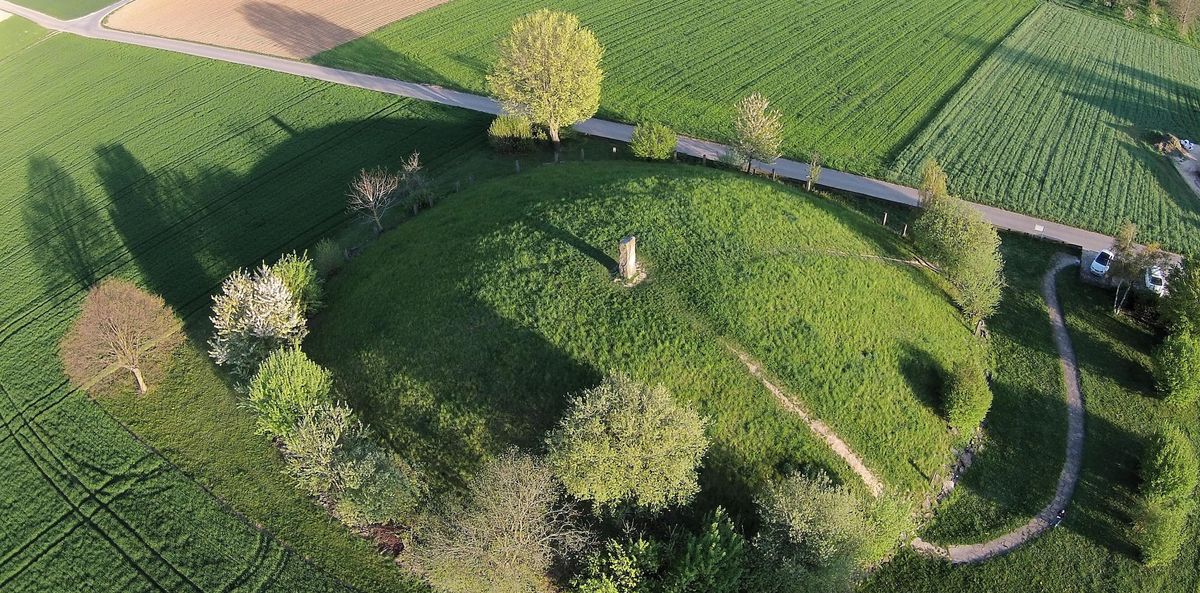Early Celtic elites inherited power through maternal lines, ancient DNA reveals
By Kristina Killgrove published yesterday
The early Celts may have inherited power through their mother's side, according to an ancient DNA analysis of lavish burials in Europe.
Enormous ancient burial mounds filled with luxurious artifacts may link elite members of an extended family in southern Germany along maternal lines, a new DNA analysis shows.
An uncle and nephew buried in two of the richest burial mounds, along with evidence of first-cousin inbreeding, point strongly toward matrilineal dynasties of elite power, according to the study, which was published Monday (June 3) in the journal Nature Human Behaviour.
Between about 600 and 400 B.C., during the Iron Age, burial mounds containing gold jewelry, wagons and imported goods were built in what is now southwestern Germany, eastern France and Switzerland. The elite people buried in these mounds wielded immense political and religious power and are often called "early Celtic princes and princesses." But researchers have disagreed as to whether these people gained their status through a lifetime of achievements or inherited their power.
In the new study, researchers analyzed the ancient DNA of 31 skeletons from seven elite-burial sites, dating to the sixth to fifth centuries B.C., within a roughly 40-square-mile (100 square kilometers) area of southwest Germany. Their aim was to determine if biological relationships could be found across this time and space, thereby suggesting the early Celts had elite dynasties.
. . .

More:
https://www.livescience.com/archaeology/early-celtic-elites-inherited-power-through-maternal-lines-ancient-dna-reveals
